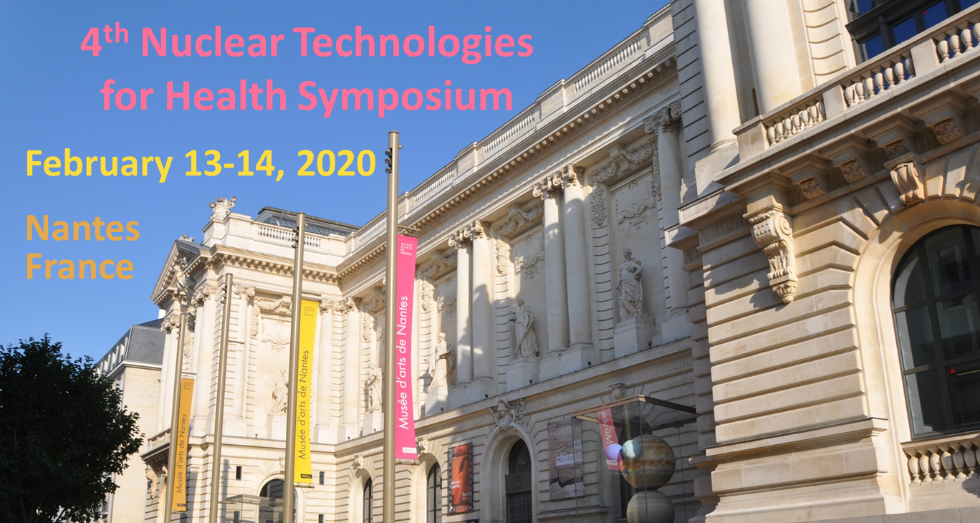
|
|
|
To submit an abstractInstructions for authors Preparing an abstract for submission Abstracts should be written in clear and concise English on the submission form to download below. NTHS 2020 Abstract submission form The word limit for abstracts is 300 words. Titles, authors, authors’ affiliations, and e-mail of the presenting author are not included in the 300-word limit. The abstract must contain a brief statement of:
Abstract review and selection process Abstracts will be peer reviewed according to the session selected. Authors must indicate in the submission form the appropriate review session (one only). Abstract review sessions: 1. Radiomics and artificial intelligence in multimodality imaging The use of radiomics itself and associated machine (deep) learning has now gained significant interest in the medical community for personalized medicine from image analysis. We are looking for up-to-date development of machine (deep) learning in the field of molecular imaging in all the areas involved: tomographic reconstruction, segmentation, protocol optimization, survival outcome... This session will be a great opportunity to share knowledge and ongoing development applied to nuclear medicine. 2. Innovative radiopharmaceuticals: from conception to clinical validation Obtaining radiopharmaceuticals ready for use in clinical applications requires a step by step development from chemistry to validation in human including preclinical evaluations as well as molecular design, structure-activity relationship studies, pharmacokinetic, bioconjugation, radiochemistry and regulatory constraints. This session will offer opportunity to highlight the overall aspect in the case of imaging, therapy or theranostic issues in oncology or neurosciences. Advances in translational studies will be highly appreciated for presentation. 3. PET imaging in neurology: current state and future expectations PET imaging is of growing interest in neurology, since this approach is able to visualize and quantify a large variety of molecular biomarkers. Thus, it is now possible to explore by PET several pathophysiological pathways involved in brain diseases, including neurotransmission, neuroinflammation or abnormal protein aggregates. Increasing efforts are currently made to improve this input of PET imaging in neurology, whether through the development of new radiopharmaceuticals, or through biomedical research based on tracers already available. This session will offer the opportunity to draw up an overview of these recent advances. Your contributions in this field, whether at the preclinical or clinical level, will be greatly considered for presentation. 4. Targeted radionuclide therapy Over the past few years, the clinical success of new therapeutic modalities such as radioembolisation of liver tumours, radionuclide therapy of neuroendocrine and prostate tumours, not to forget 223Ra chloride for palliation of bone metastases, has renewed interest for the development of new therapeutic radiopharmaceuticals, combining the specificity of molecular and sometimes physical targeting with the potent cytotoxicity of ionizing radiation. The diversity of available molecular and particular carriers, together with the large panel of suitable radionuclides allows vector–radionuclide pairings to be matched to administration modes and to the molecular, pathological, and physical features of a tumour. In this session, we welcome contributions on all those issues whether they are initial set-ups, preclinical or clinical evaluations. Abstract submission Completed abstract submission form must be returned by email before November 15, 2019 to Marie-Helene Gaugler: marie-helene.gaugler@univ-nantes.fr Acceptance/Rejection notification Notification regarding acceptance or rejection of abstracts will be sent to the presenting author by December 17, 2019 by email; consequently, an accurate email address is critical. The presenting author of accepted abstract will be notified whether it is for an oral presentation or for a poster. Rejection notifications will also be sent at that time.
|
| Online user: 10 | Privacy |

|

